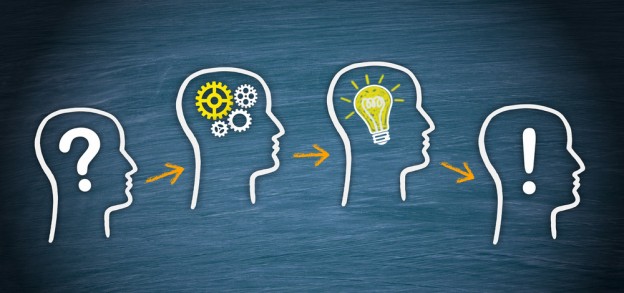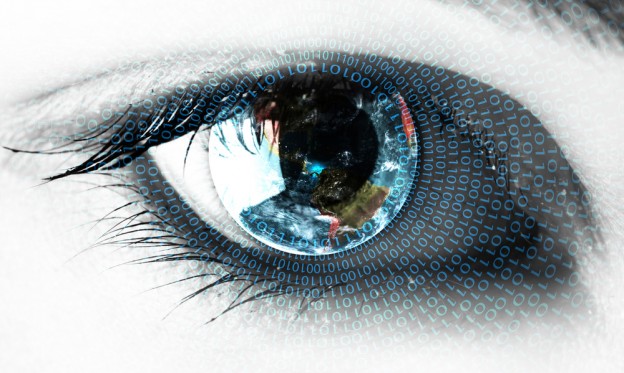Wikipedia and S4BE #Students4WPM
Posted on 18th August 2014 by Ammar Sabouni

Wikipedia, WikiProject Medicine (WPM), Cochrane, and Students 4 Best Evidence, what connects them all? #Students4WPM
The Cochrane Collaboration announced earlier this year a partnership initiative with WikiProject Medicine; a Wikipedia project founded by a group of Wikipedia editors with an interest in medical content; members include physicians, medical students, nurses, and patients.
Cochrane and Wikipedia are already similar in principles of openness, transparency and value of freedom, coupled with Wikipedia’s wide audience; content in more than 285 languages, all of this adds to what makes them a perfect match. Wikipedia has also been working to bring access of its content – free of data-charges – to more than 750 million people in developed countries via Wikipedia Zero.
So from Cochrane’s side of things this can increase the use and uptake of Cochrane evidence, increase the number of citations in Wikipedia, help Cochrane harness the power of crowdsourcing, and also help them gain insights from Wikipedia about priority outcomes to patients, and develop more patient friendly content.
Who else is creating health care content in 286 languages? Even the World Health Organization provides content in only 30.[2]
Another benefit of the Wikipedia model is an effort known as Wikipedia Zero. This is a collaboration with mobile phone companies where customers in the developing world have access to Wikipedia free of data charges. Agreements have been signed that will benefit more than 750 million people. With more than 6 billion mobile phones owned by nearly 90% of the world’s population this is a huge expansion of access to information.
– See more at: http://www.cilip.org.uk/cilip/news/5-ways-wikipedia-s-health-information-improving#sthash.pp6mxegL.dpuf
So what is this to us; students of the health sciences? Well medical students have been found to be one of the main groups that use Wikipedia’s medical content and for this reason numerous efforts have been made to get students involved in editing in a local basis; via universities/clubs… etc.
We are hoping this may be the start of something more global, with S4BE reaching out through its international network of students to get more and more students involved in referencing Wikipedia articles with the most up-to-date Cochrane Systematic Reviews and evidence. Preparing a series of blogs on WikiProject Med and Cochrane, and getting together an online and on-site edit-a-thon in the coming month of September 2014 (with prizes involved!)
Any interested parties are welcome to register their interest and check out our event page on Wikipedia:Students 4 Best Evidence September 2014 editing campaign. Follow our upcoming blogs at #Students4WPM and @Students4BE.
Acknowledgements
Many thanks to Dr. James Heilman (User:Jmh649) for the references for this blog and to Cochrane’s Wikipedian in Residence Sydney Poore (User:FloNight) for her ongoing help.
References
https://archive.cilip.org.uk/blog/5-ways-wikipedia-s-health-information-improving
Who else is creating health care content in 286 languages? Even the World Health Organization provides content in only 30.[2]
Another benefit of the Wikipedia model is an effort known as Wikipedia Zero. This is a collaboration with mobile phone companies where customers in the developing world have access to Wikipedia free of data charges. Agreements have been signed that will benefit more than 750 million people. With more than 6 billion mobile phones owned by nearly 90% of the world’s population this is a huge expansion of access to information.
– See more at: http://www.cilip.org.uk/cilip/news/5-ways-wikipedia-s-health-information-improving#sthash.pp6mxegL.dpuf




No Comments on Wikipedia and S4BE #Students4WPM